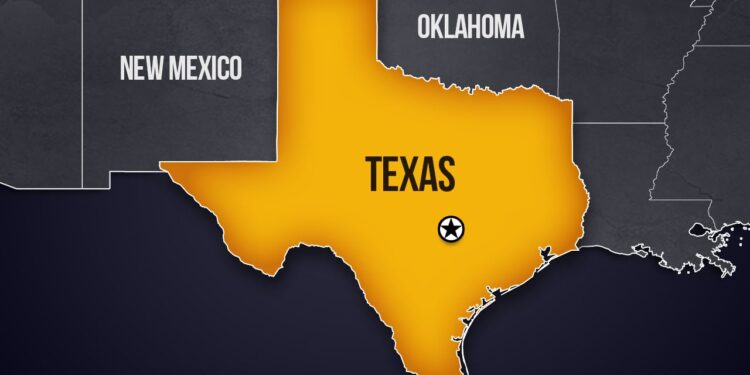TEXAS (LOOTPRESS) – A newly proposed Texas bill, known as the Forbidding Unlawful Representation of Roleplaying in Education (F.U.R.R.I.E.S) Act, aims to prohibit students from engaging in what it defines as “non-human behavior” in public schools. The legislation, introduced in the Texas House, would require school districts to enforce a policy that ensures students present themselves strictly as human beings during school hours and activities.
Key Provisions of the Bill
Under the bill, students would be prohibited from exhibiting behaviors or wearing accessories associated with non-human entities. This includes, but is not limited to:
- Using litter boxes for restroom purposes.
- Wearing tails, collars, artificial fur, or animal-like ears.
- Making animal noises such as barking or meowing.
- Engaging in self-licking for grooming purposes.
The legislation does allow for certain “exempt days,” such as Halloween or designated school dress-up events, where students may wear costumes. However, these events must not primarily celebrate non-human species.
Disciplinary Measures and Enforcement
The bill mandates that school districts amend their student codes of conduct to include strict prohibitions on non-human behavior. Violations could lead to disciplinary action, including removal from the classroom or placement in alternative education programs. Additionally, the bill allows for fines against school districts that fail to enforce the policy, with penalties reaching up to $25,000 for repeated violations.
Parental and Legal Implications
The bill also extends to parental rights and child welfare, defining the encouragement or allowance of non-human behavior as a form of mental or emotional abuse. It permits individuals to file complaints against schools or educators who fail to comply, potentially leading to legal action from the Texas Attorney General’s office.
Legislative Outlook
The proposed legislation is expected to generate debate among lawmakers, educators, and advocacy groups. Supporters argue that the bill reinforces educational standards and prevents disruptive behavior in schools, while critics view it as an unnecessary restriction on student expression.
If passed, the law would take effect on September 1, 2025, unless it secures the necessary votes for immediate implementation.
Public Reaction
As the bill moves through the legislative process, it is likely to attract significant public scrutiny. Advocates for student rights and inclusivity have already voiced concerns over its potential impact on self-expression and school culture. Meanwhile, proponents maintain that the legislation is necessary to uphold discipline and educational focus in Texas schools.









